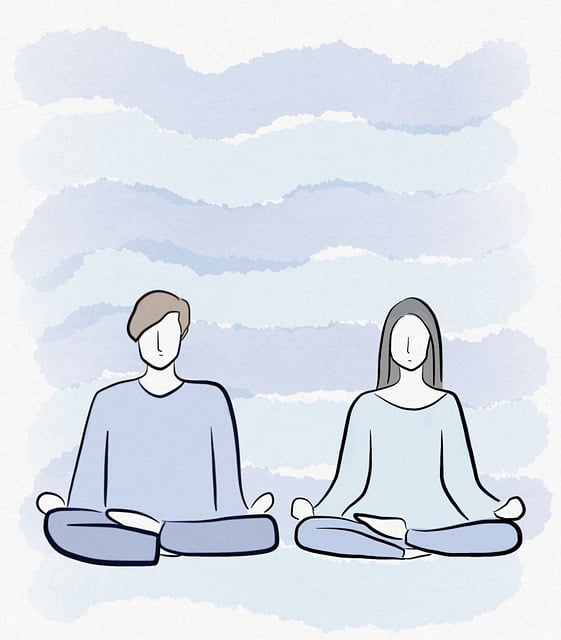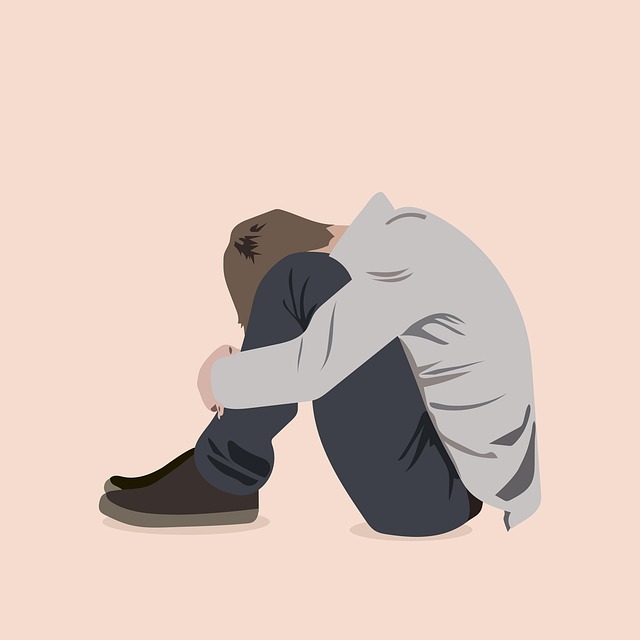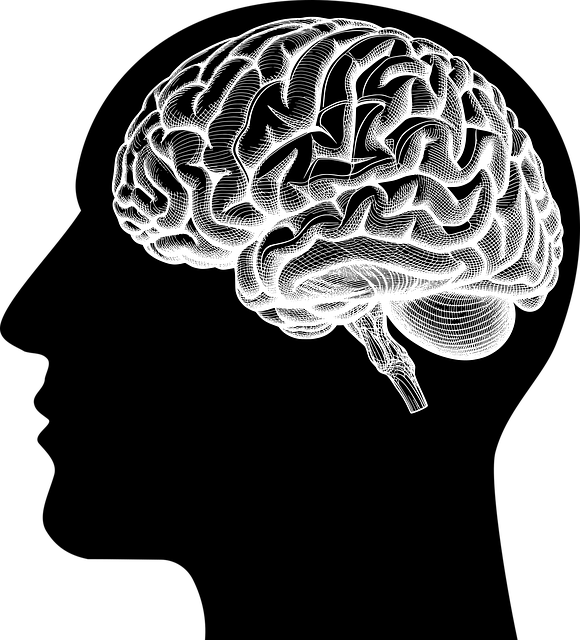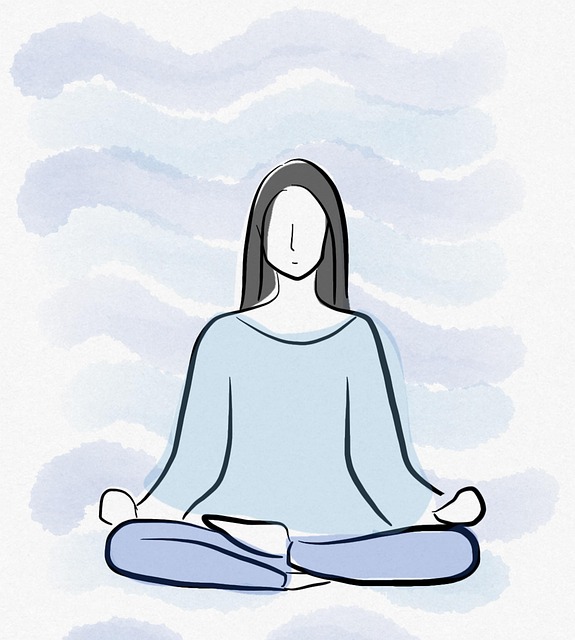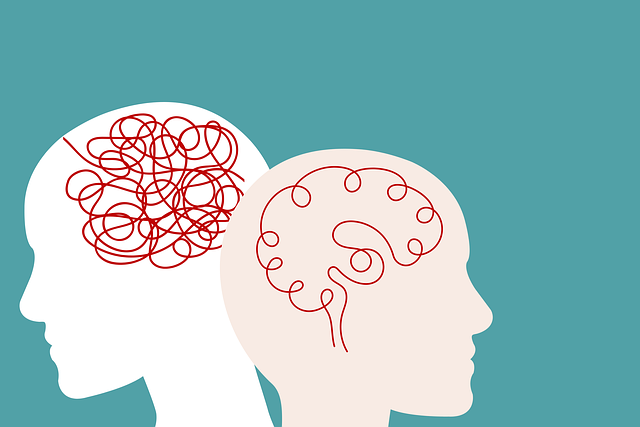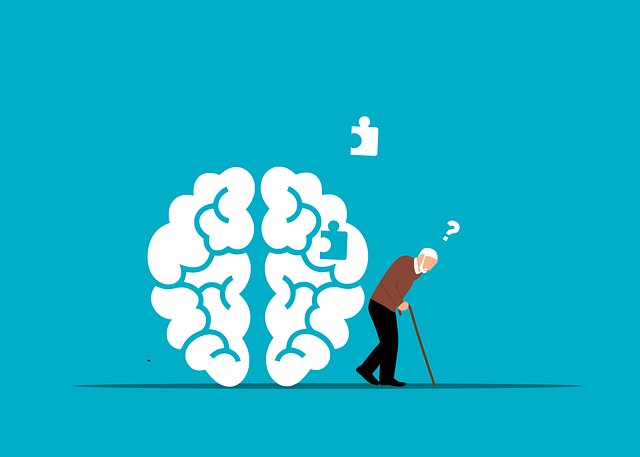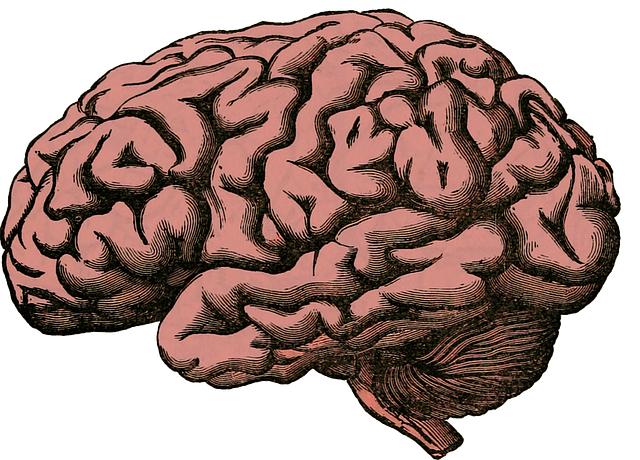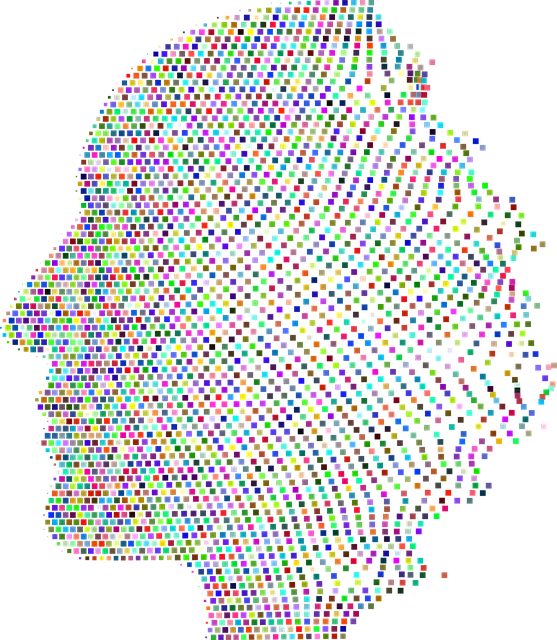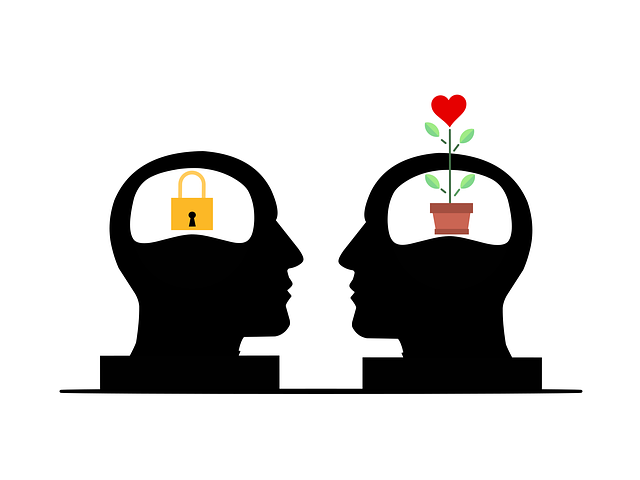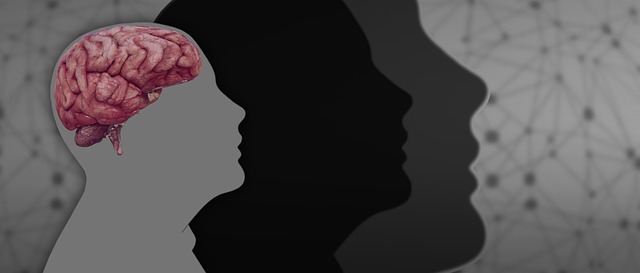The media's portrayal of mental illness significantly impacts public understanding, often perpetuating stereotypes or offering simplistic narratives. Organizations like Littleton ADD-ADHD Therapy are working to change this by promoting accurate and nuanced representations. By integrating burnout prevention strategies and encouraging self-care routines, media platforms can foster empathy and create supportive environments for individuals with mental illnesses. Accurate media depiction reduces stigma, encourages support, and improves access to critical treatments like Littleton ADD-ADHD therapy. Collaboration between media creators, healthcare professionals, and community engagement is key to driving meaningful change in mental health representation.
In today’s media landscape, accurate representation of mental illness is more crucial than ever. This article delves into the current state of mental health depiction, highlighting the impact of stereotyped portrayals on society and individuals. Through a case study of Littleton ADD-ADHD Therapy, we showcase a successful example of positive change. We explore strategies to enhance accurate mental health depictions and advocate for a collaborative approach involving industry professionals and community engagement. By challenging stereotypes, media can foster a more inclusive and understanding society.
- Understanding Mental Illness Representation in Media: The Current State
- The Impact of Stereotyped Portrayals on Society and Individuals
- Littleton ADD-ADHD Therapy: A Case Study for Positive Change
- Strategies to Enhance Accurate Mental Health Depictions in Media
- Fostering a Collaborative Approach: Industry, Experts, and Community Engagement
Understanding Mental Illness Representation in Media: The Current State

The media plays a significant role in shaping public understanding and perceptions of mental illness. Currently, representation in films, television shows, and news outlets often perpetuates stereotypes or offers simplistic narratives that fail to capture the complexity of various mental health conditions. This can lead to misinformation and further stigmatization, impacting how individuals with mental illnesses are treated in society. For instance, common portrayals of individuals with Attention-Deficit/Hyperactivity Disorder (ADHD) in media have tended to emphasize symptoms without exploring the unique challenges and strengths that come with the disorder, such as heightened creativity or increased focus in specific areas.
Littleton ADD-ADHD Therapy and similar initiatives aim to challenge these representations by promoting accurate and nuanced portrayals of mental illness. By integrating strategies for burnout prevention and encouraging self-care routine development for better mental health, media platforms can foster empathy building strategies among audiences. This shift towards more realistic and empathetic representation is crucial in creating a supportive environment where individuals with mental illnesses feel understood and encouraged to seek help when needed.
The Impact of Stereotyped Portrayals on Society and Individuals

The media’s portrayal of mental illness has significant implications for society and individuals alike. Stereotyped depictions often perpetuate harmful myths and misconceptions, leading to stigmatization and further marginalization of those struggling with their mental health. When media portrays mental illness through one-dimensional lenses, it risks shaping public opinion and contributing to the social exclusion of people with conditions like ADD/ADHD. For instance, depicting characters with such disorders as solely impulsive or unfocused can limit viewers’ understanding of the complexity surrounding these conditions, including the potential for co-occurring emotional intelligence challenges and the need for crisis intervention guidance.
Such stereotypical representations can have detrimental effects on individuals who identify with these illnesses. It may discourage them from seeking help, fostering a culture of silence where people bottle up their struggles instead of reaching out for support. Conversely, accurate and nuanced portrayals offer an opportunity to promote empathy, challenge societal norms, and encourage positive thinking. By presenting characters with mental health issues as multifaceted individuals, media can contribute to a more inclusive environment, where understanding and compassion are fostered, ultimately enhancing the availability of Littleton ADD-ADHD therapy and other forms of treatment.
Littleton ADD-ADHD Therapy: A Case Study for Positive Change

In the context of mental illness representation in media, a notable case study emerges from Littleton ADD-ADHD Therapy. This innovative approach has challenged stereotypical depictions of Attention Deficit Hyperactivity Disorder (ADHD) and offered a more nuanced, empathetic view. By focusing on individuals’ strengths and providing tailored support, Littleton ADD-ADHD Therapy exemplify the power of positive representation. The program incorporates conflict resolution techniques and mindfulness practices, reflecting the latest research in behavioral health management.
The success of this initiative underscores the importance of healthcare provider cultural competency training. By equipping professionals with the knowledge to understand and address diverse mental health needs, such as those associated with ADD-ADHD, we can foster more inclusive environments. This, coupled with promoting Mind Over Matter principles, empowers individuals to take control of their well-being. As a result, media portrayals are slowly evolving to reflect the reality of effective therapy and recovery journeys.
Strategies to Enhance Accurate Mental Health Depictions in Media

Media has a significant impact on shaping societal perceptions and understanding of mental health. To enhance accurate representations, several strategies can be implemented. One key approach is to consult with experts in the field, including healthcare providers specializing in ADD-ADHD therapy, to ensure the authenticity and sensitivity of portrayals. By involving professionals, media creators can gain insights into the nuances of various mental health conditions, fostering more realistic and empathetic storytelling.
Additionally, promoting diverse narratives and characters with mental health struggles is essential. This includes showcasing individuals from different backgrounds, cultures, and age groups undergoing emotional healing processes. Such representation helps to reduce stigma and promotes understanding among audiences. Encouraging open conversations about mental wellness through media can also contribute to better public awareness and support for those seeking stress reduction methods or professional help.
Fostering a Collaborative Approach: Industry, Experts, and Community Engagement

In addressing the representation of mental illness in media, fostering a collaborative approach is paramount to driving meaningful change. This involves a united front between industry professionals, experts in mental health fields, and community engagement. By bringing together diverse stakeholders, such as filmmakers, journalists, therapists like those offering Littleton ADD-ADHD Therapy, and representatives from support groups, a comprehensive understanding of the issue can be achieved. This collaboration ensures that media narratives are not only accurate but also sensitive to various cultural contexts, promoting genuine empathy and understanding among audiences.
One effective strategy within this collaborative framework is designing Mental Health Education Programs that cater to different platforms, including television, film, and digital media. Incorporating Cultural Sensitivity in Mental Healthcare Practice is essential to these programs, ensuring diverse communities are accurately represented and their unique challenges addressed. Additionally, producing Mental Wellness Podcast Series can provide an intimate platform for sharing personal stories, expert insights, and practical tips, fostering open conversations about mental health that transcend traditional media boundaries.
Mental illness representation in media has long been a topic of debate, with stereotyped portrayals causing significant harm. However, as seen in the case study of Littleton ADD-ADHD Therapy, positive change is achievable through collaborative efforts. By engaging industry professionals and community members, we can enhance accurate mental health depictions. Adopting strategies that challenge societal norms and promote nuanced storytelling will foster a more inclusive and supportive media landscape, ultimately improving understanding and reducing stigma for individuals facing mental health challenges.
